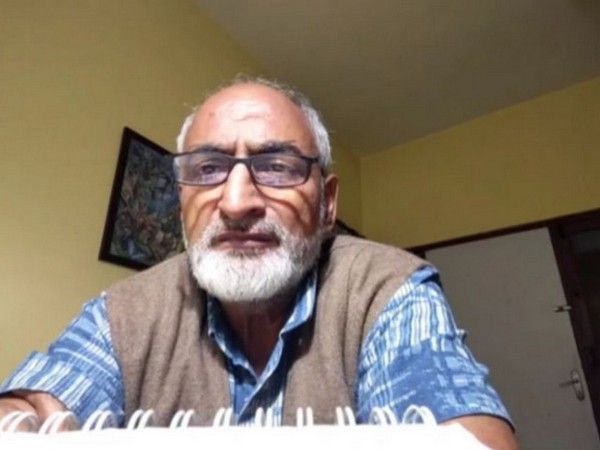By Shalini Bhardwaj
New Delhi [India], April 28 (ANI): Director of Tata Institute for Genetics and Society (TIGS), Bengaluru, Dr Rakesh Mishra has called for reducing the gap for booster doses from nine to five-six months after two-doses of covid-19 vaccination, saying “it can be a good approach”.
“I think if a booster dose is made available before nine months, it will be very good. Five-six months can be a good time to give the booster doses. If we have vaccines available then we should use them,” Dr said told ANI.
He explained that the chances of a fourth wave in India are very less. But efforts should be to not allow the virus to spread, he added.
“Our vaccination programme has been very powerful and most eligible people have taken two doses. Children are getting their doses and many people are also taking booster doses. We had 80-90 per cent Sero survey positivity. If the fourth wave comes it will be an extraordinary situation,” he said.
“Infection will keep going up and down, a little bit with a very minimal hospital requirement. But by allowing the virus to spread, we are giving a virus a chance to bounce back on us,” Mishra said.
On recombinant variants he said, it is not much worrisome but virus has another way of making new variants.
“Recombinant variants are very common in flu. There are some confirmed cases in Australia and the US, not in India. This is not much worrisome at the moment, but this means that viruses have another way of making new variants not only simply mutation in a lineage way, but also recombinant, which is a very powerful mutational approach to generate new characters, living organisms,” he added. (ANI)


